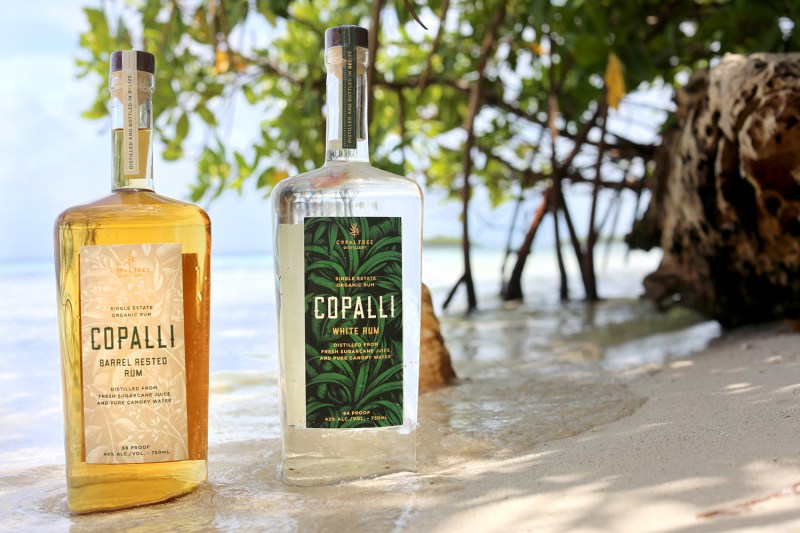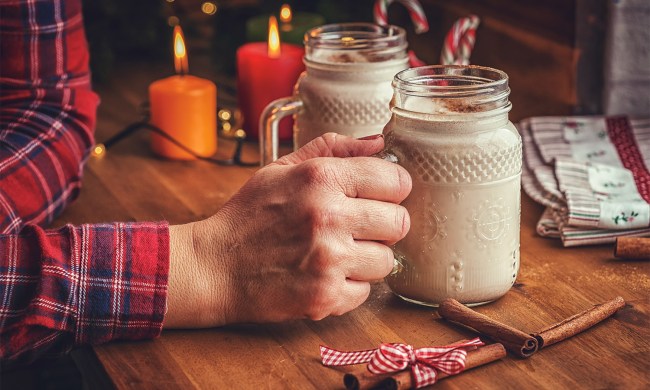
Rum distillation is a complex process that, depending on where you are in the world, includes the addition of various ingredients (more sugar, flavorings, color, et cetera) over time. This process, like almost all distillation, also produces waste that harms the environment upon its disposal.
The duo behind Belcampo Meat Co., an eco-conscious collection of butcher shops and restaurants in the Los Angeles and Bay Area as well as New York City, has worked tirelessly to change that. We talked to Anya Fernald about how the Belize land owned by her co-founder, Todd Robinson, was transformed into Copal Tree Distillery and Copalli Rum.

“For me, I’ve always loved the idea and the possibility to work in developing countries, too,” said Fernald about this new step for Robinson’s Copal Tree Lodge. “So the chance to do what we were doing in Belize and do it with high-quality ingredients and high-quality farming … is really powerful for me.”
Copal Tree Lodge includes a sustainable resort and 3,000-acre organic farm that grows and preserves native crops. Using that same commitment to the local ecosystem, Copalli Rum is created in a zero-impact facility using a non-hybridized sugarcane varietal native to the area.
“We spent a huge amount of time figuring out how to make it truly zero impact,” said Fernald regarding the task of making toxic distillation waste eco-friendly. “That involved building a system in our plant with water filtration using natural biodegradation and probiotics to take all the waste, digest it, and turn it into stuff that wasn’t going to hurt the environment.”
It took about four years to fully figure out the mechanics of this distillery, so when it came to the actual rum, the experience became much simpler. Copalli White and Barrel Rested Rums only use heirloom sugar cane, pure canopy water, and yeast. The white rum is a blend of pot and column still rum that rests in stainless steel for about six months. The barrel-rested rum comes exclusively from the pot still and is “aged” for six to eight months in bourbon barrels.
“It’s very hot, it’s very humid, there’s lots of turbulence,” said Fernald, who abandoned the traditional year progression of aged rums after a five-month tasting. “You actually get double the velocity of extraction out of barrels in Belize than you do in a more temperate climate.”
“I’m really thrilled, more than anything, [about] figuring out how I get women into the ranks of the company.”
The delicious simplicity of the rum doesn’t just benefit Fernald and Robinson. They are the largest employer in southern Belize and offer great wages and benefits to the local workforce.
“It’s not like writing a check,” said Fernald. “It’s even better to make meaningful change by how we act.”
That’s not to say Copal Tree Distillery doesn’t write the occasional check. They tend to spend up to $50,000 a year on education grants that often help local girls attend high school.
“I come from being a woman in the meat business,” said Fernald. “It’s also about building the next generation of the workforce … I’m really thrilled, more than anything, [about] figuring out how I get women into the ranks of the company.”




